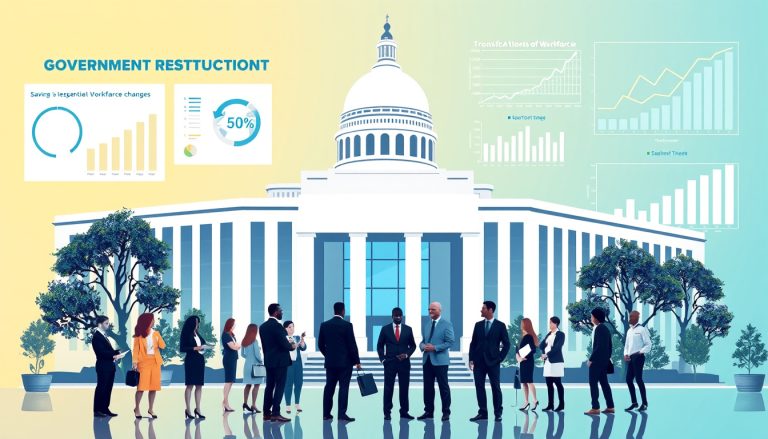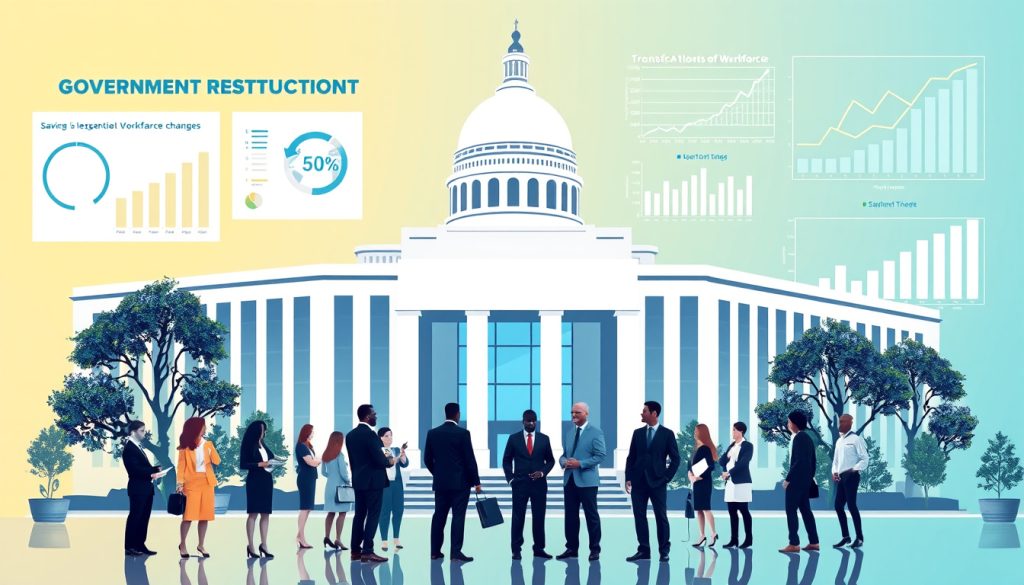In a notable development for the biomedical community, the Biomedical Advanced Research and Development Authority (BARDA) has announced the cancellation of its Annual Industry Day, a key event that has been instrumental in shaping discussions around biomedical countermeasures and strategic pandemic response.
This two-day gathering has traditionally served as a platform for collaboration between industry leaders, government officials, and health experts, focusing on pressing health measures necessary for public health safety and security.
The cancellation raises questions about the future of biomedical innovation and preparedness in the face of potential health crises.
In this article, we will explore the implications of this decision, assess how it may impact ongoing and future biomedical initiatives, and consider the broader landscape of pandemic preparedness and response.

Key Takeaways
- The cancellation of BARDA’s Industry Day signifies a setback in collaborative discussions on biomedical innovations.
- Industry stakeholders may miss crucial networking opportunities that could drive advancements in pandemic preparedness.
- The future of pandemic response initiatives may be uncertain without the insights typically shared during this event.
Impact of the Cancellation on Biomedical Innovation
The recent cancellation of the annual Industry Day, hosted by the Biomedical Advanced Research and Development Authority (BARDA), marks a significant setback for the future of biomedical innovation.
This event, which has historically served as a vital platform for collaboration between industry leaders and government officials, was essential for fostering discussions on biomedical countermeasures and pandemic response strategies.
The two-day gathering typically facilitated the sharing of insights and advancements that could lead to the development of critical health measures, especially in today’s context of emerging infectious diseases.
The absence of this year’s discussions raises concerns over the potential slowdown in collaboration and innovation in an already vulnerable sector, which is crucial for national health security.
With pressures mounting to develop effective responses to public health threats, the need for platforms like Industry Day becomes more apparent, underscoring the importance of continued dialogue and partnership between the sectors.
As stakeholders reflect on this cancellation, there is hope for alternative avenues to maintain momentum in biomedical research and development.
Future of Pandemic Preparedness and Response Initiatives
In the wake of the Industry Day cancellation, the future of pandemic preparedness and response initiatives is becoming increasingly critical.
The event traditionally attracted experts eager to share breakthroughs in vaccine technologies, therapeutic developments, and strategic planning for potential health crises.
Moving forward, it is essential for policymakers and industry stakeholders to explore innovative avenues for collaboration.
Virtual platforms, smaller networking events, and focused workshops could serve as viable substitutes to ensure that critical discussions and advancements continue.
Additionally, fostering partnerships across public and private sectors will be vital in maintaining a proactive stance against potential pandemics and health emergencies.
Sharing data, insights, and resources remains paramount—especially with lessons learned from the COVID-19 pandemic influencing future preparedness strategies.
Thus, while the cancellation of Industry Day may hinder immediate interaction, it also presents an opportunity to rethink and enhance the framework for future collaborations in the realm of public health.















